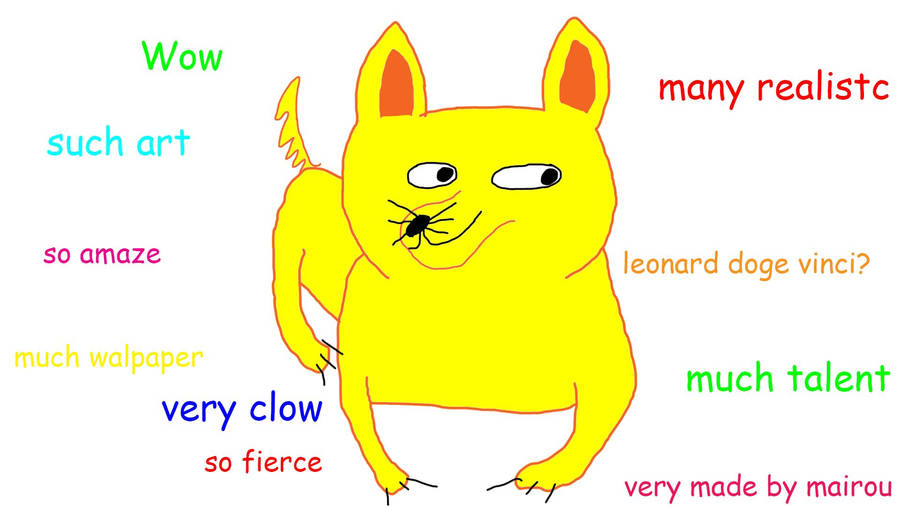 I've criticized those who focus on norms before - but reading some recent literature makes me aware that I need to present a more specific critique.
I've criticized those who focus on norms before - but reading some recent literature makes me aware that I need to present a more specific critique.Some discuss cultural evolution as though it is all about the evolution of norms. For example, Joseph Henrich does this in his recent book The Secret of Our Success: How Culture Is Driving Human Evolution, Domesticating Our Species, and Making Us Smarter. The problem with this is that there's more to culture than norms, and thinking in terms of norms omits all the 'abnormal' stuff. The problem is exacerbated by there not really being any term for this "abnormal" content - making it hard for the norm enthusiasts to even think about it. If there was a term for cultural non-norms, it would probably be a dustbin category, defined by what it excludes.
Another basic problem is that norms have a long-winded definition, being based on what other people think you ought to do. For example, here's what Wikipedia says on the topic:
Norms are cultural products (including values, customs, and traditions) which represent individuals' basic knowledge of what others do and think that they should do. Sociologists describe norms as informal understandings that govern individuals' behavior in society. On the other hand, social psychology has adopted a more general definition, recognizing smaller group units, such as a team or an office, may also endorse norms separate or in addition to cultural or societal expectations. In other words, norms are regarded to exist as collective representations of acceptable group conduct as well as individual perceptions of particular group conduct.
Normally, basic scientific concepts should be short and snappy - as suggested by Occam's razor. If you classify culture as being composed of norms and non-norms, you have a long-winded and vague classification criteria and a nameless dustbin category. Basically the whole enterprise sucks and it is unsuitable as a foundation for terminology associated with cultural evolution.
Meme enthusiasts have faced the same problem to some degree - with various critics claiming that there's more to culture than memes, and memetics leaves it out. It is true that there's more to culture than memes, but there's a term for the other stuff: 'meme products'. Some people call meme products 'phemes'. This division into memes and meme products reflects the classic split between genes and gene products in biology - dividing content into heritable information and things that are affected by it. It isn't really part of memetics or genetics - but we do have a field that studies it - ontogeny. Meme products could be criticized as being a 'dustbin category' too - but I think that 'phenotype' has proved itself to be a useful concept - and ontogeny is a useful field. We need the gene / phene category split in cultural evolution too.
By way of contrast, 'norms' are more of a fringe concept. I would generally encourage people not to think about culture only in terms of 'norms'. From what I can see, it tends to lead to a blinkered view of cultural evolution.










No comments:
Post a Comment